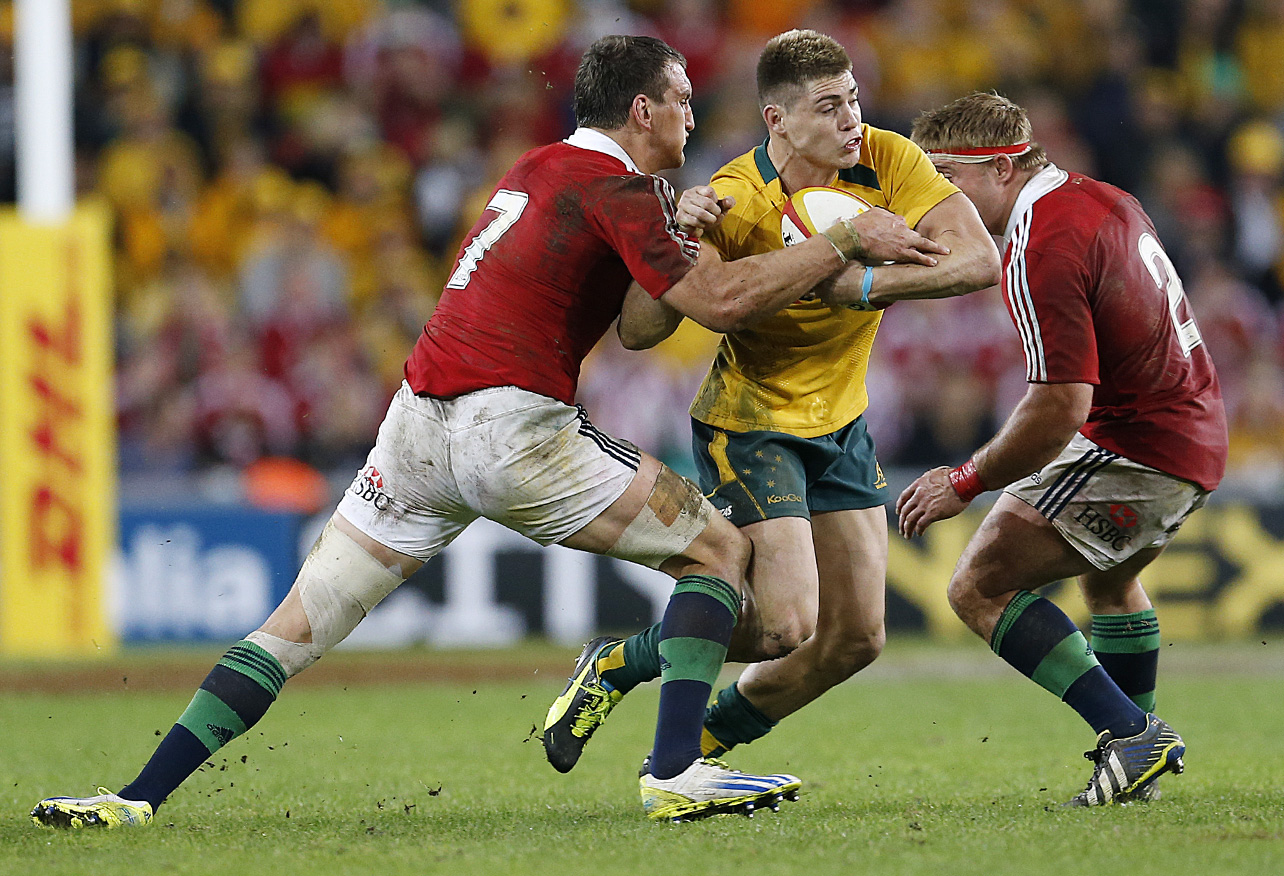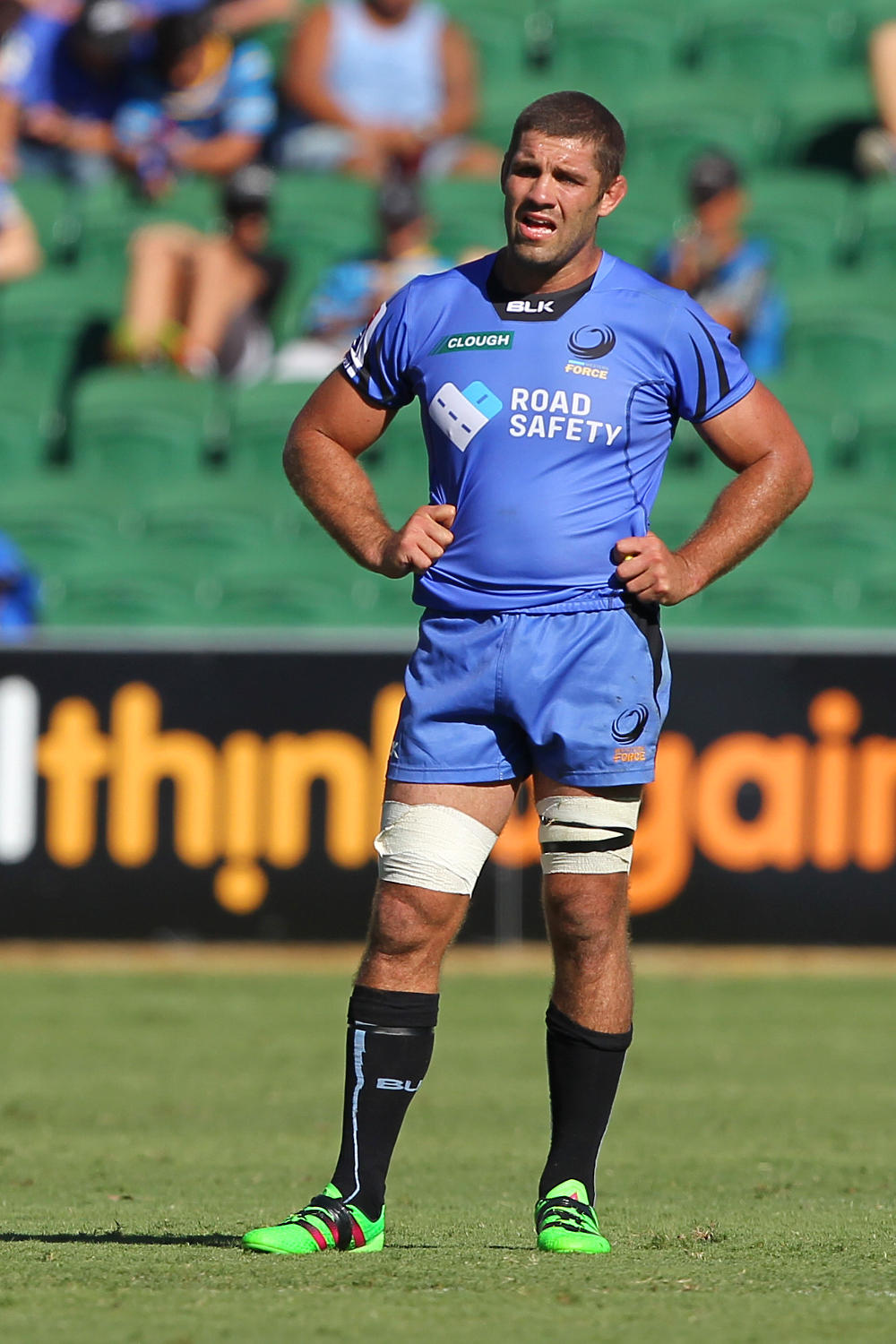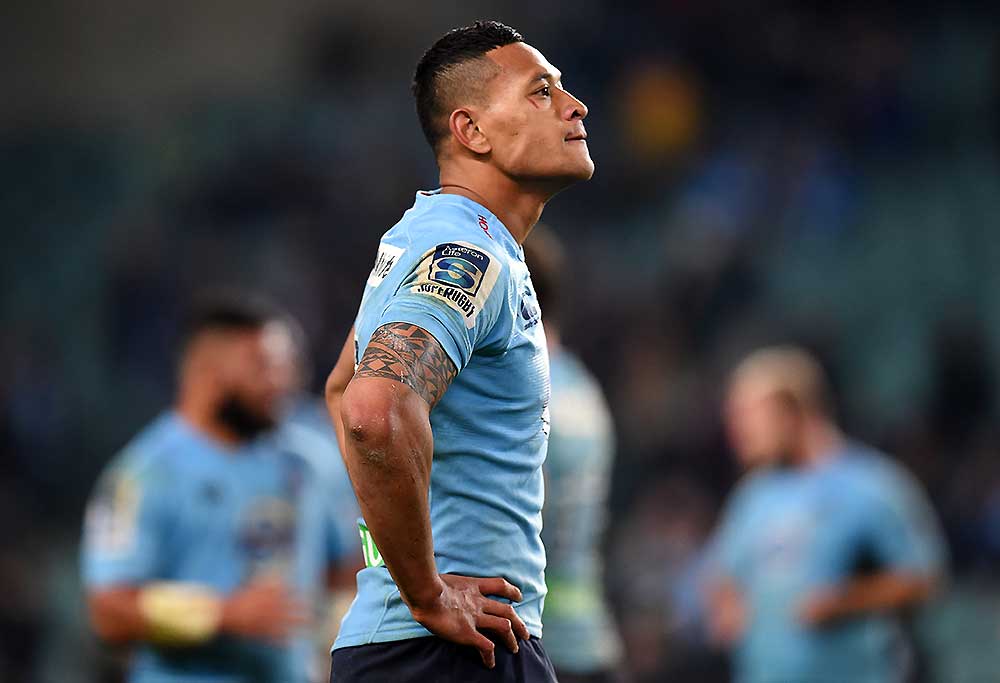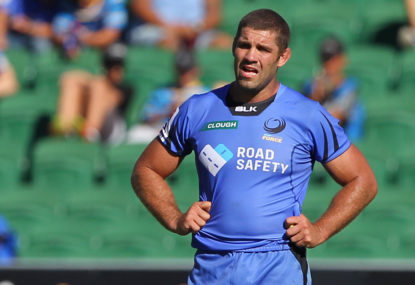Are elite private schools and clubs in Australia at the centre of rugby’s problem?
I am certainly not one to mention class and sport in the same sentence lightly. Nor do I claim to be some kind of working class martyr, excluded from rugby because of the school I went to or the politics of my parents. I was lucky.
Yet there was something about this article, ‘Privately-educated-upper-middle-class man unable to identify problem with Australian Rugby Union‘, that resonated with me.
The irony of the opening gambit of the article was all too obvious and sadly for rugby supporters in Australia, it didn’t miss. “The game needs to be more approachable” he said, from the helm of his 34ft ketch. “That responsibility lies with the boarding schools.”
Now let’s get one thing straight at the beginning. The Betoota Advocate is a well-known satirical publication, brilliantly written but not always grounded in fact.
However, it is clear that rugby in Australia has an image problem and that is not everyone else’s fault or a figment of the Betoota Advocate’s imagination. Where there is smoke there is fire and in this case the culture of rugby in Australia is perceived, rightly I would say, as a closed shop bastion of upper-middle class privilege.
There is a lack of appreciation of grass roots rugby outside of Sydney and Brisbane. Why should parents in developing markets and regional Australia volunteer and raise money to support the game and ensure their child’s participation when the game gives nothing back to them. And I’m not talking about parents sending their kids to Joeys or Nudgee either.
I’m talking about mums and dads who work an extra eight-hour shift to pay for boots or kids who cop it most days at school for playing rugby in an AFL state or rugby league dominant region.

What is happening to the Force in Western Australia is absolutely disgraceful and, I would argue, a consequence of the Brisbane and Sydney elites not giving a damn. They are disconnected and delusional about the state of the game and how to fix it. Or at least how to begin to fix it.
The Western Australian rugby community deserves so much more. They have worked tirelessly to build a thriving weekend competition for juniors. The Force now have 12 players in a 38-man squad who grew up in Western Australia or were nurtured in Perth premier rugby. The Haylett-Petty brothers are perhaps the most obvious examples.
The Perth Spirit won the NRC, a competition generally rubbished by Brisbane and Sydney clubs as being insignificant and contrived. Most of the discussion about the NRC inside Brisbane and Sydney rugby circles revolves around how it will affect those competitions. There is next to no appreciation of how the game at all levels in Western Australia is affected by the lack of East Coast support for it.
There seems to be a popular argument in certain circles that the Wallabies were at their strongest and the game at its healthiest when it was all about Randwick, Eastwood, Brothers, GPS and the other established clubs in Brisbane and Sydney.
It is, apparently, all the fault of the Brumbies, Force and Rebels that Australian rugby is in a hole.

On the face of it, there appears to be some truth in that. After all, it was in the halcyon years of the 1990s that the Wallabies won two World Cups. Notably, Randwick produced four very influential national coaches of the professional era; Dwyer, Cheika, McKenzie and Jones.
Yet how much of the success in the 90s was down to Australian rugby being fed by a handful of Brisbane and Sydney clubs and feeder schools? How much of that success was down to the Reds and Waratahs?
Australia won the World Cup in 1991 because of a professional and innovative approach that was before its time. It won again in 1999 only three years after expansion of Super Rugby into the ACT and made the 2003 final as a result of the Brumbies’ success.
An influx of fresh blood and fresh thinking complimenting ‘The Establishment’ was key to the golden era.
Dwyer and Jones benefitted from being better prepared for the professional era than most other coaches worldwide. They were more innovative, more in tune with cutting edge sports science and training techniques than most in the 1990s. Yet ironically, Jones, McKenzie and Cheika all benefitted from the expansion of Super Rugby into Canberra and the emergence of the Brumbies and Gregan, Larkham, Giteau and Smith.
George Smith went to Cromer High School, Gregan and Giteau to St Edmunds in Canberra. Steven Larkham attended Lyneham High School and Dickson College before being plucked from reserve grade obscurity by Rod McQueen to play for the Brumbies.
Would any of them have got a shot today at international level if only two or three Super Rugby franchises existed in Australia? Would the Wallabies have won a World Cup in 1999 without Gregan and Larkham? I have my doubts.
The argument that the game has turned its back on the elites in Sydney and Brisbane is fanciful. To say that it is because of expansion into other states and territories that the game now suffers is a disgrace.
For either Brisbane or Sydney to claim responsibility for the success of the game in the 90s is nothing more than an attempted justification for a small minded, clique mentality.
The entitlement that abounds in Sydney and Brisbane must stop. The game sucks in both markets. Sorry, but that is the truth. It is embarrassing to watch the Reds play in front of 12,000 people at Suncorp Stadium when the Broncos routinely pull three to four times that number. The Waratahs are almost as pitiful playing regularly at a half empty SFS with the atmosphere of a second class sailing regatta.

When one looks at the depth of rugby in England and New Zealand, even in Ireland and Wales, it is quite embarrassing that Australia seems only capable of supporting three or four professional rugby franchises. Is it any wonder when Australian rugby only bothers to cultivate two semi-professional club competitions at senior level.
For all the history and tradition of the Shute Shield and Premier Rugby those two competitions cannot support either the amateur or professional games in Australia on their own. For perspective, England has at least four professional or semi-professional tiers of rugby. And that does not include competitions in Wales, Scotland and Ireland.
There are superb Australian players that don’t come through wealthy grammar schools or have childhood affiliation to elite clubs in Sydney and Brisbane. Rob Simmons was born in Theodore but was lucky enough to attend the Southport School. Kane Douglas was born in Maclean, northern NSW but had to move to Southern Districts to crack open his career.
Drew Mitchell was born in Liverpool, NSW before being schooled in Shorncliff, Queensland . It was blistering talent that got him recognised.
How many kids with similar backgrounds to those three Wallabies fall through the net or go to rugby league? The net is nothing but a patchwork now.
Real, tangible, support and encouragement for rugby parents in regional Australia has all but dried up. Talent identification of gifted players at a junior level is more about luck than strategy. Would Tim Horan come out of Downlands and play for the Reds today as a 19-year-oldor get snapped up by the Broncos, Titans or Cowboys?
There must be reengagement in Goondiwindi and Maroochydore, Coffs Harbour and Queanbeyan. There must be support for the Perth club competition and this means keeping the Force as a level to aspire to for West Australian youngsters. And that reengagement and support needs to come before pandering to Brisbane and Sydney club competitions or the cabal of east coast private schools that have had it too easy for too long.
Other George Smiths and Steven Larkhams are out there. And if history tells us anything, they may not get a shot once the Rebels or Force are consigned to the dustbin of history.

































































































